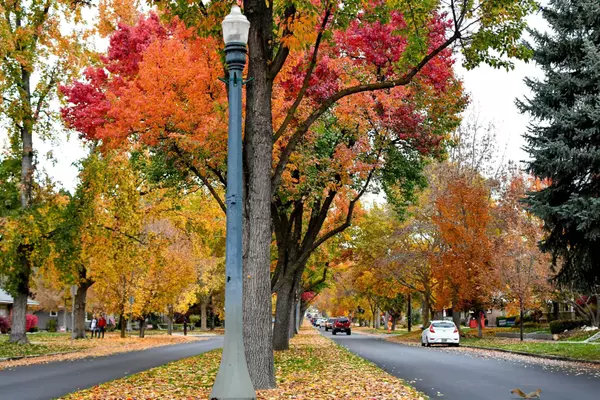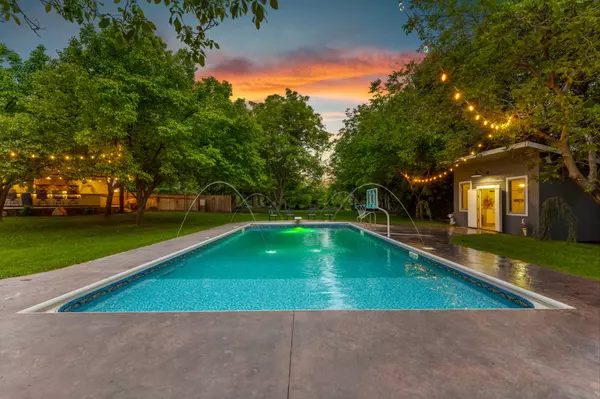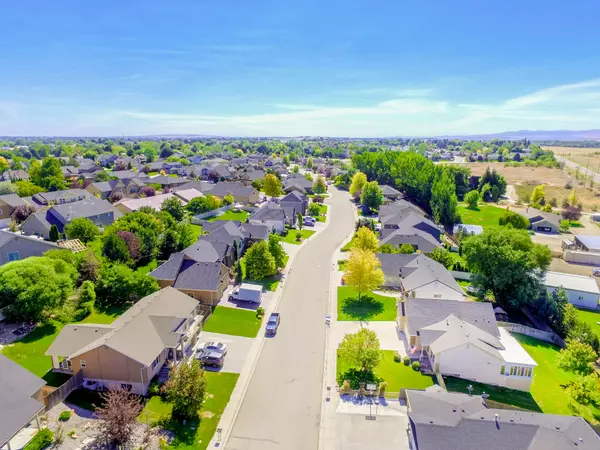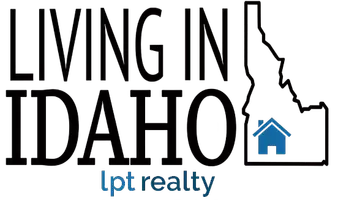Best Pricing Strategy for Selling Your Idaho Home Fast in 2024

What is the Best Pricing Strategy for Selling a Home Fast?
Table of Contents
- Introduction
- Understand the Market: The Key to Strategic Pricing
- Setting the Right Price from the Start
- Use Comparative Market Analysis (CMA)
- Consider Pricing Below Market Value
- Psychological Pricing: The Power of Nines
- Timing Your Price Adjustments
- Final Thoughts
- FAQs
Introduction
Pricing your home correctly is the most crucial step in ensuring a quick sale. But with so many factors at play, how do you determine the best pricing strategy for selling your home fast? Whether you're in a hot market like Boise or a quieter corner of Idaho, the right price can make all the difference.
Understand the Market: The Key to Strategic Pricing

Before setting a price, it's essential to understand the local real estate market. In Idaho, market conditions can vary significantly from one area to another. Research current trends in your neighborhood, including recent sales and inventory levels. Are homes selling quickly, or is the market slowing down?
- Hot Market: If homes are selling quickly, you might have more flexibility to price aggressively.
- Cool Market: In a slower market, pricing competitively is crucial to attract buyers.
To get a sense of the local market, check out the Market Snapshot Tool on our website.
Setting the Right Price from the Start
One of the biggest mistakes sellers make is overpricing their homes, thinking they can always lower the price later. However, this can lead to your home sitting on the market longer than necessary, causing potential buyers to wonder if something is wrong with the property. The longer a home sits, the more likely it is to sell below market value.
Instead, aim to price your home competitively from the start. A well-priced home can attract multiple offers, potentially driving up the final sale price.
Use Comparative Market Analysis (CMA)
A Comparative Market Analysis (CMA) is a critical tool in determining your home's value. By comparing your home to similar properties that have recently sold in your area, you can get a realistic view of what buyers are willing to pay.
Factors to consider in a CMA:
- Location: Proximity to amenities, schools, and transportation.
- Size: Square footage and number of bedrooms and bathrooms.
- Condition: Updates, renovations, and overall property condition.
For a more in-depth CMA, you can View Homes for Sale and see how your home stacks up against the competition.
Consider Pricing Below Market Value
If you're in a hurry to sell, pricing just below market value can be an effective strategy. This tactic creates a sense of urgency among buyers, often leading to multiple offers and a faster sale. While this might seem counterintuitive, the goal is to create a bidding war that could ultimately push the price above your initial expectations.
Psychological Pricing: The Power of Nines
Another strategy is psychological pricing. Pricing your home at $299,000 instead of $300,000 can make a significant difference in how it's perceived by buyers. The brain tends to see prices just below round numbers as more appealing, which can lead to more interest and quicker offers.
Timing Your Price Adjustments

If your home hasn't sold after a few weeks on the market, it might be time to adjust your price. However, it's essential to time these adjustments carefully. A significant price drop can send the wrong signal to buyers, making them think there's something wrong with the property.
Instead, consider small, incremental price adjustments. This strategy can keep your listing fresh without raising red flags.
Final Thoughts
Selling your home quickly requires a well-thought-out pricing strategy. By understanding your market, using tools like a CMA, and employing psychological pricing tactics, you can set a price that attracts buyers and ensures a swift sale.
For more tips on selling your home, visit our Past Blog Posts or check out our Instant Home Valuation Tool to get an estimate of your home's worth today.
FAQs
What happens if I overprice my home?
Overpricing can lead to your home sitting on the market for too long, which can make buyers wary and force you to lower the price eventually.
Is it better to price my home below market value?
In some cases, yes. Pricing just below market value can create urgency and attract multiple offers, which may lead to a higher final sale price.
How often should I adjust my home's price?
If your home hasn't sold within a few weeks, consider small, incremental price adjustments rather than a significant drop to avoid scaring off potential buyers.
Categories
Recent Posts










Leave a Reply

